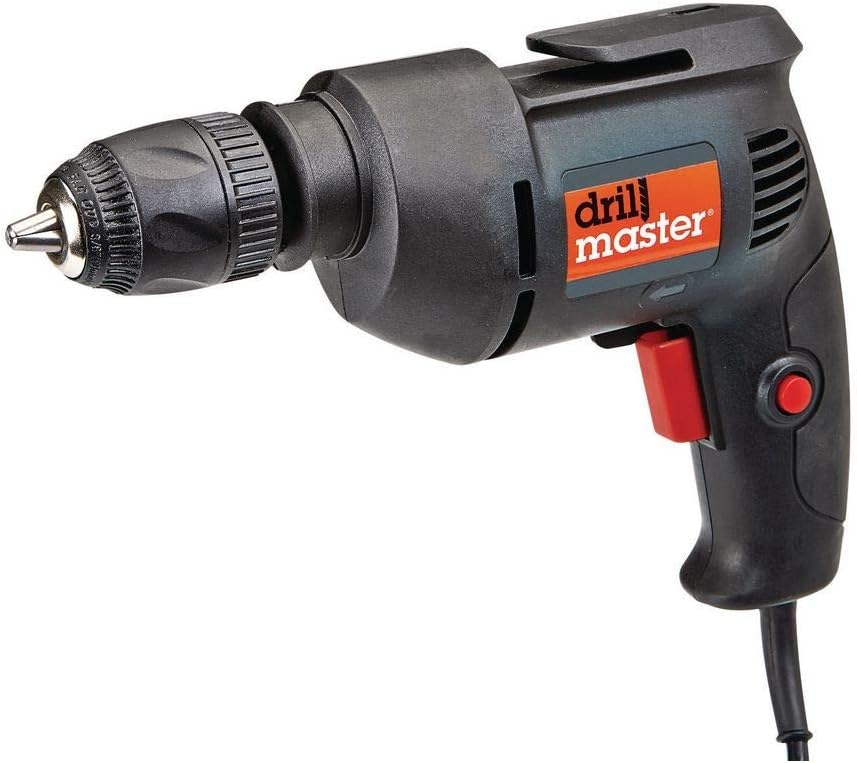Reversible drill bits are essential tools in any DIY enthusiast’s or professional tradesperson’s arsenal. They offer versatility, allowing you to drill and reverse the direction of the bit for removal tasks. However, like any tool, they require proper care and maintenance to ensure longevity and optimal performance. This article provides comprehensive maintenance tips to help you extend the life of your reversible drill bits, supported by relevant examples and statistics.
Understanding Reversible Drill Bits

Before diving into maintenance tips, it’s important to understand what reversible drill bits are and how they function. Typically made from high-speed steel (HSS) or carbide, these bits allow for both drilling and screw driving. Their design includes a mechanism that enables the user to quickly change the direction of rotation, making them ideal for a variety of tasks.
Why Maintenance Matters
Regular maintenance of reversible drill bits is crucial for several reasons:
- Performance: Well-maintained bits perform better, providing cleaner holes and reducing the risk of damage to materials.
- Longevity: Regular care can significantly extend the lifespan of your drill bits, saving you money in replacements.
- Safety: A well-maintained drill bit is less likely to break during use, reducing the risk of injury.
Maintenance Tips for Reversible Drill Bits

1. Clean Your Drill Bits Regularly

After each use, it’s essential to clean your reversible drill bits. Residue from materials can accumulate and compromise their effectiveness.
- Use a Brush: A small wire brush can help remove debris and buildup from the flutes of the bit.
- Soak in Solvent: For tougher grime, soaking the bits in a solvent like acetone or mineral spirits can help dissolve stubborn residues.
2. Inspect for Wear and Damage
Regular inspections can help you catch issues before they lead to more significant problems.
- Check for Chipping: Look for any chips or cracks in the cutting edges, as these can affect performance.
- Examine the Shank: Ensure the shank is not bent or damaged, which could affect the bit’s alignment when in use.
3. Sharpen Your Drill Bits
![]()
Just like any cutting tool, drill bits can become dull with usage. Keeping them sharp is essential for maintaining their effectiveness.
- Use a Sharpening Tool: A bench grinder or a specialized drill bit sharpener can be used to sharpen the cutting edges.
- Follow Manufacturer Guidelines: Always refer to the manufacturer’s instructions on how to properly sharpen your specific type of drill bit.
4. Store Properly
How you store your drill bits can impact their condition over time.
- Use a Bit Holder: Store bits in a dedicated case or magnetic holder to prevent them from being knocked around.
- Avoid Moisture: Store in a dry place to prevent rust from forming, particularly on steel bits.
5. Use the Right Speed and Torque

Understanding your tool’s capabilities is essential to maintaining your drill bits.
- Adjust Settings: Use the appropriate speed and torque settings for the material you are working with to prevent overheating and damage.
- Follow Manufacturer Recommendations: Refer to your drill’s manual for optimal settings for different materials.
6. Lubricate When Necessary

Using lubrication can help reduce friction and heat, extending the life of your drill bits.
- Choose the Right Lubricant: Use cutting oil or a similar lubricant when drilling metals to minimize wear.
- Apply Sparingly: A little goes a long way; too much can lead to slippage and reduced control.
7. Avoid Overloading Your Drill Bits
Excessive pressure can lead to overheating and premature wear.
- Let the Bit Do the Work: Apply light pressure and allow the drill bit to cut through the material at its own pace.
- Monitor Heat Levels: If the bit becomes too hot to touch, stop and let it cool down before continuing.
Case Studies and Statistics
According to a study conducted by the Tool Maintenance Institute, proper maintenance can extend tool life by up to 50%. Additionally, professional contractors reported that regularly sharpening their drill bits increased productivity by 30%, showcasing the importance of maintenance in both time and cost efficiency.
One notable case involved a construction company that implemented a strict maintenance schedule for their tools, including drill bits. Within a year, they reported a 20% reduction in tool replacement costs and an overall increase in project efficiency by 15% due to consistent tool performance.
Maintaining your reversible drill bits is not only beneficial for extending their lifespan but also enhances performance and safety. By following the tips outlined in this article—cleaning regularly, inspecting for damage, sharpening, storing properly, using the right settings, lubricating when necessary, and avoiding overloading—you can ensure that your drill bits remain in optimal condition. Remember, a small investment in maintenance can lead to significant savings and improved efficiency in your projects. Prioritize the care of your tools, and they will serve you well for years to come.